Sony Honda Mobility’s new Afeela brand promises to deliver the car of tomorrow
The Afeela EV prototype underlines automotive futurism’s rapid forking away from old-school performance and into a new realm of technology, autonomy, and connection
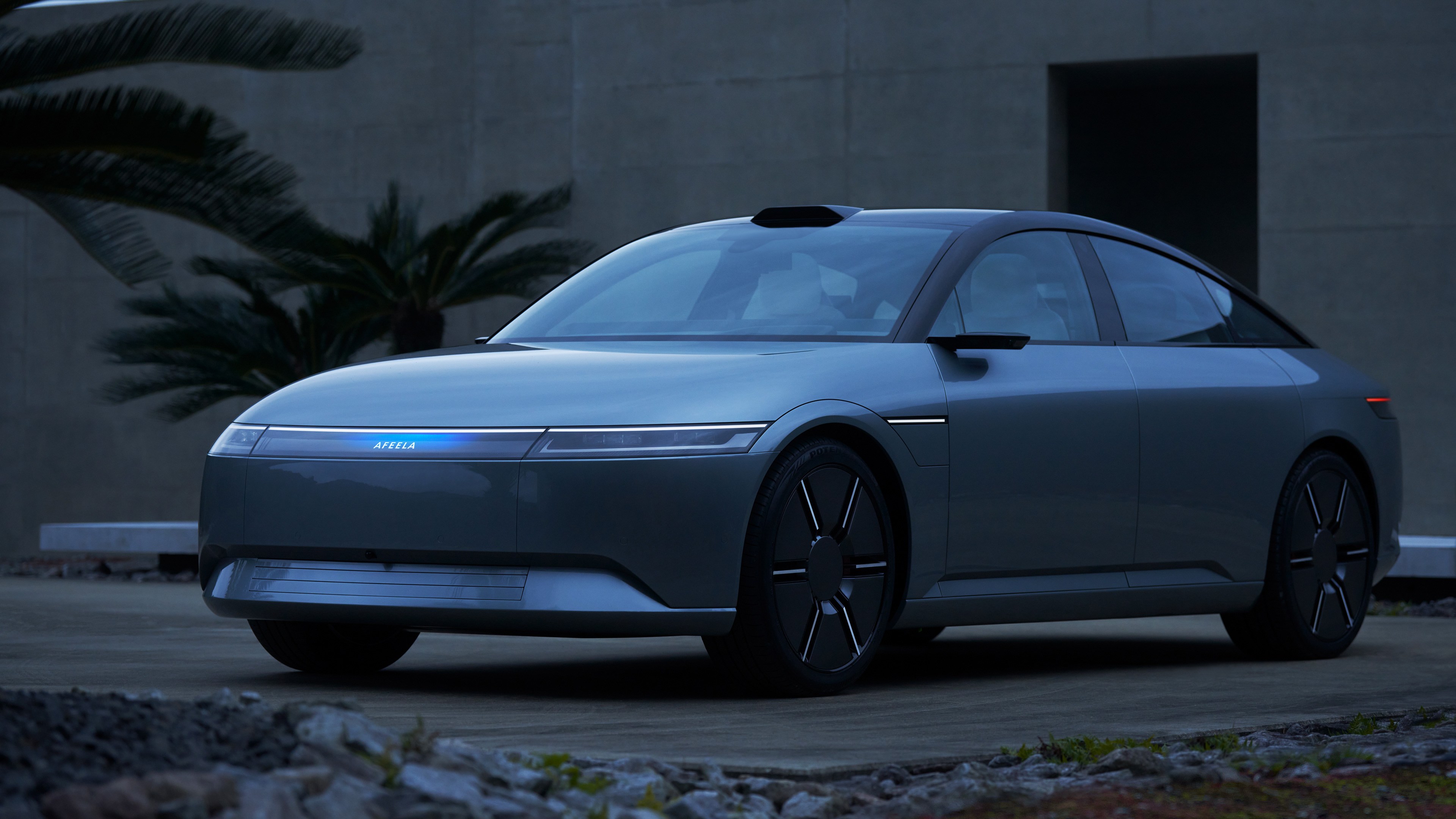
The Las Vegas CES show is no longer about laptops and flatscreens. The past few years have seen other industries encroach more and more on traditional tech and gadget territory, hoping that the emphasis on far-reaching futurism will rub off on their own sectors.
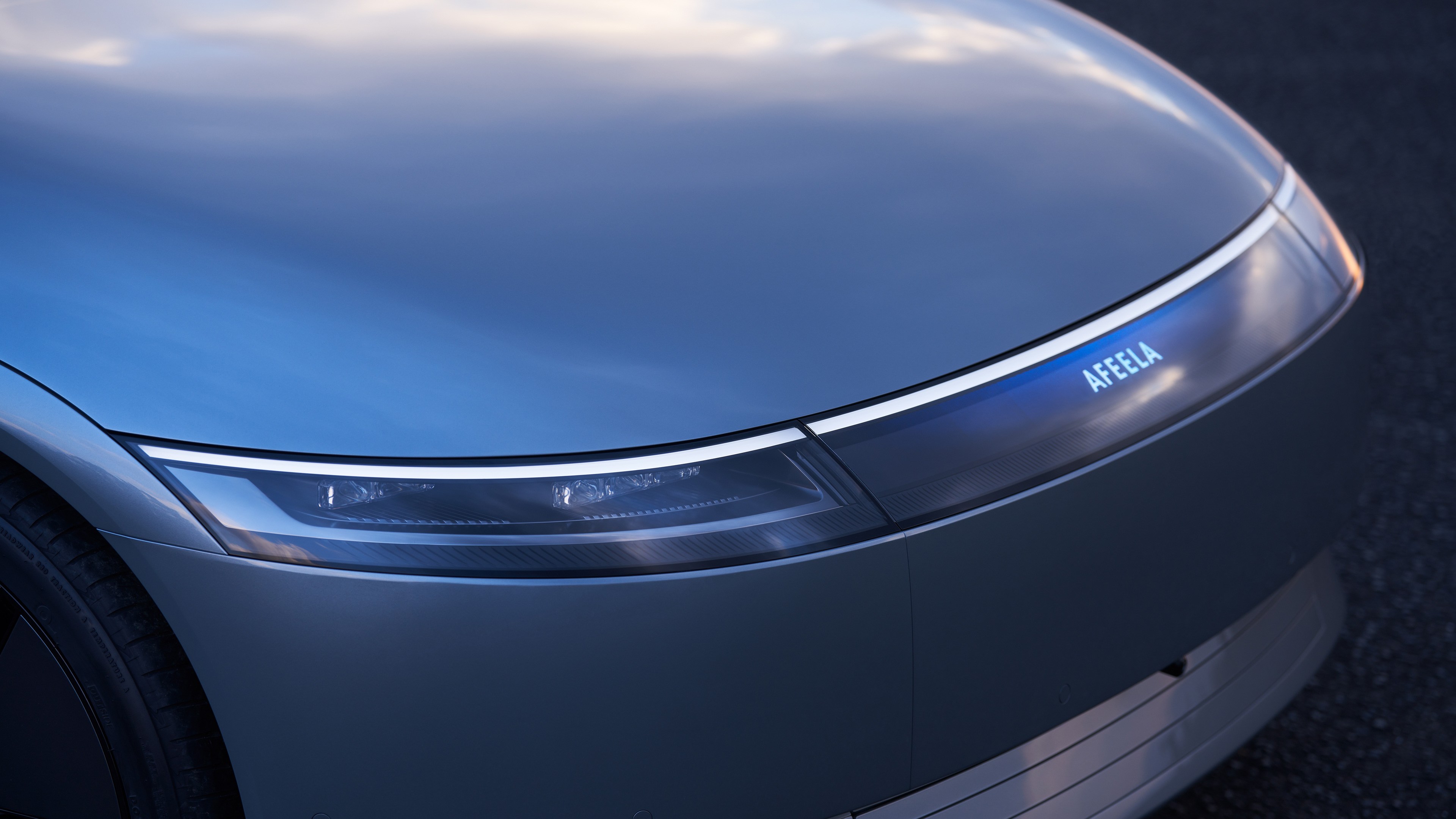
The auto industry has been particularly enthused by this shift, which corresponds with a global downturn of interest in conventional motor shows. One of the big stars of 2023’s show was the first prototype from Afeela, a freshly inaugurated brand spun out of a partnership with Sony and Honda.
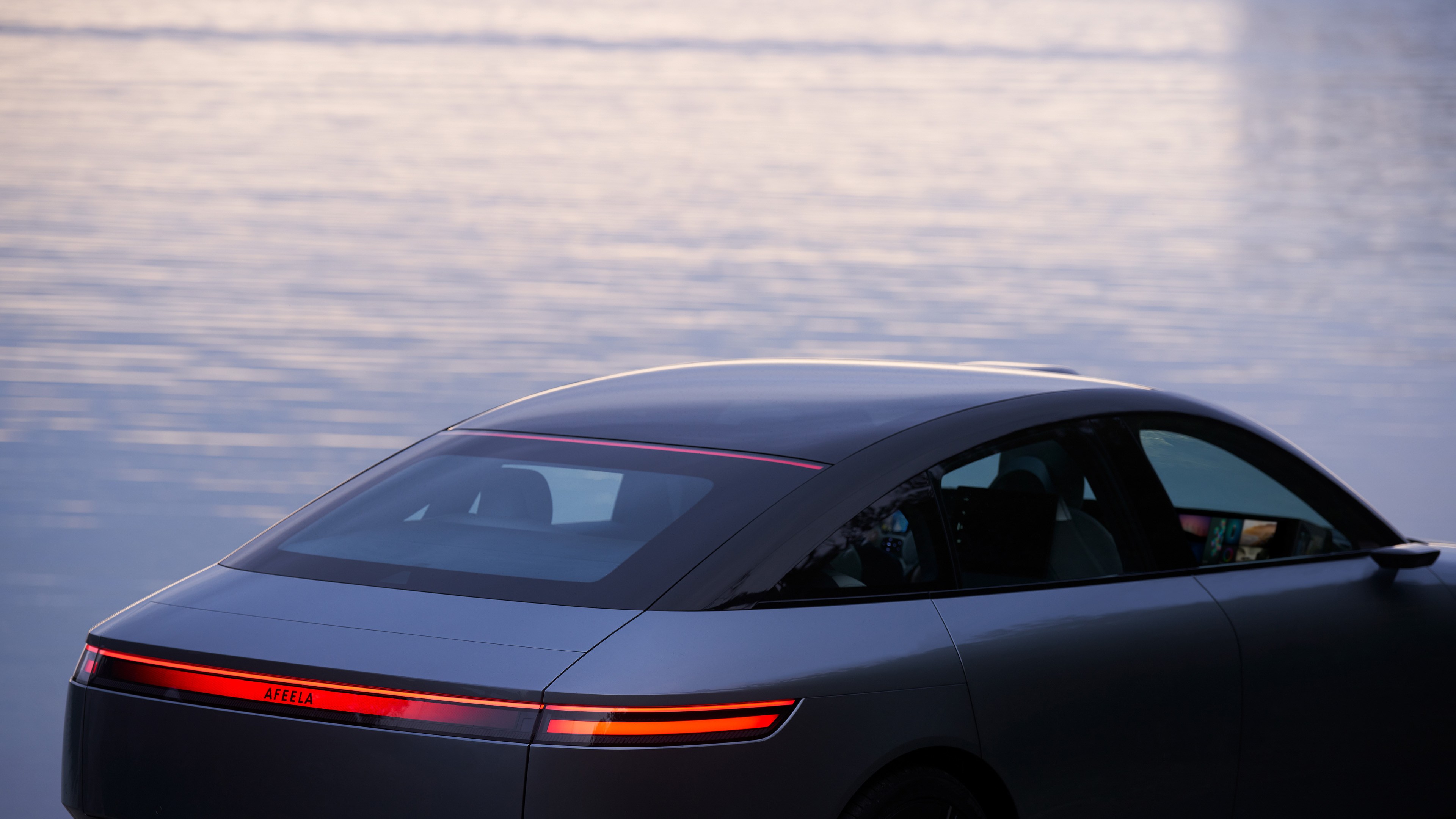
On the one hand, this collaboration explains why the Japanese auto giant has – publicly – seemed rather lukewarm on electric vehicles; it was too busy getting together behind the scenes with one of the world’s best-known electronics brands.
On the other hand, it’s also an indication of what carmakers believe is a credible future, a world where cars become sophisticated mobile hubs for work and play. Stuffed with 45 sensors and enough computing power to make 800 trillion calculations a second (in comparison, a Tesla Model X has around ten ‘teraflops’), the prototype also points to a world where some form of autonomous driving is deemed safe enough for everyday use.
Afeela EV prototype
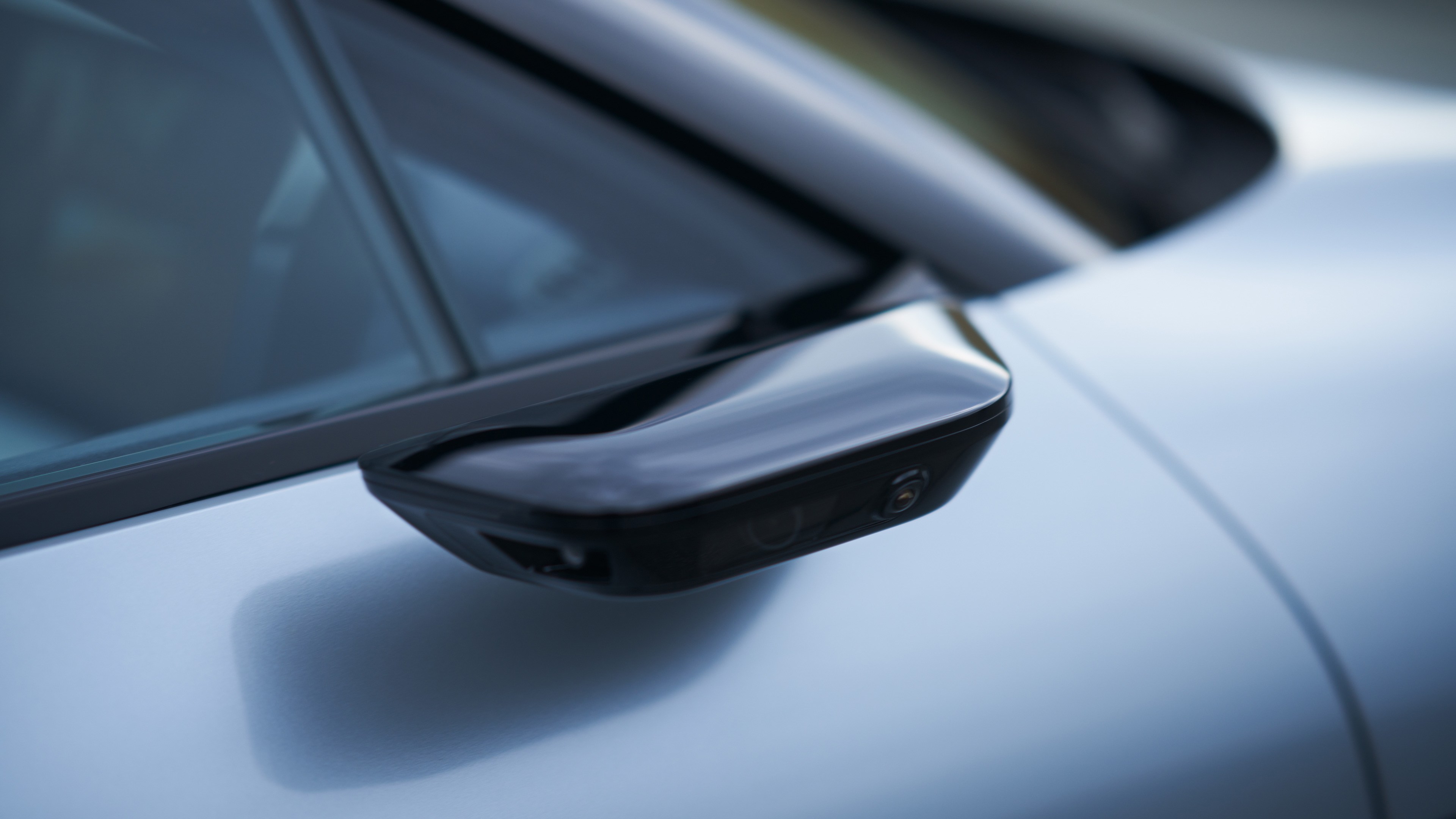
This blend of design and tech neatly dovetails the pair’s commercial interests in the tech and mobility fields. The Afeela prototype doesn’t really break any new aesthetic ground, beyond being a coherent, competent, and well-proportioned piece of car design. In terms of form, it’s very similar to Sony’s earlier Vision-S concept from 2020. At the time, that concept wasn’t given much commercial credibility, but the appearance of a Vision-S02 model in 2022 helped stoke rumours of Sony’s shift into the mobility market.
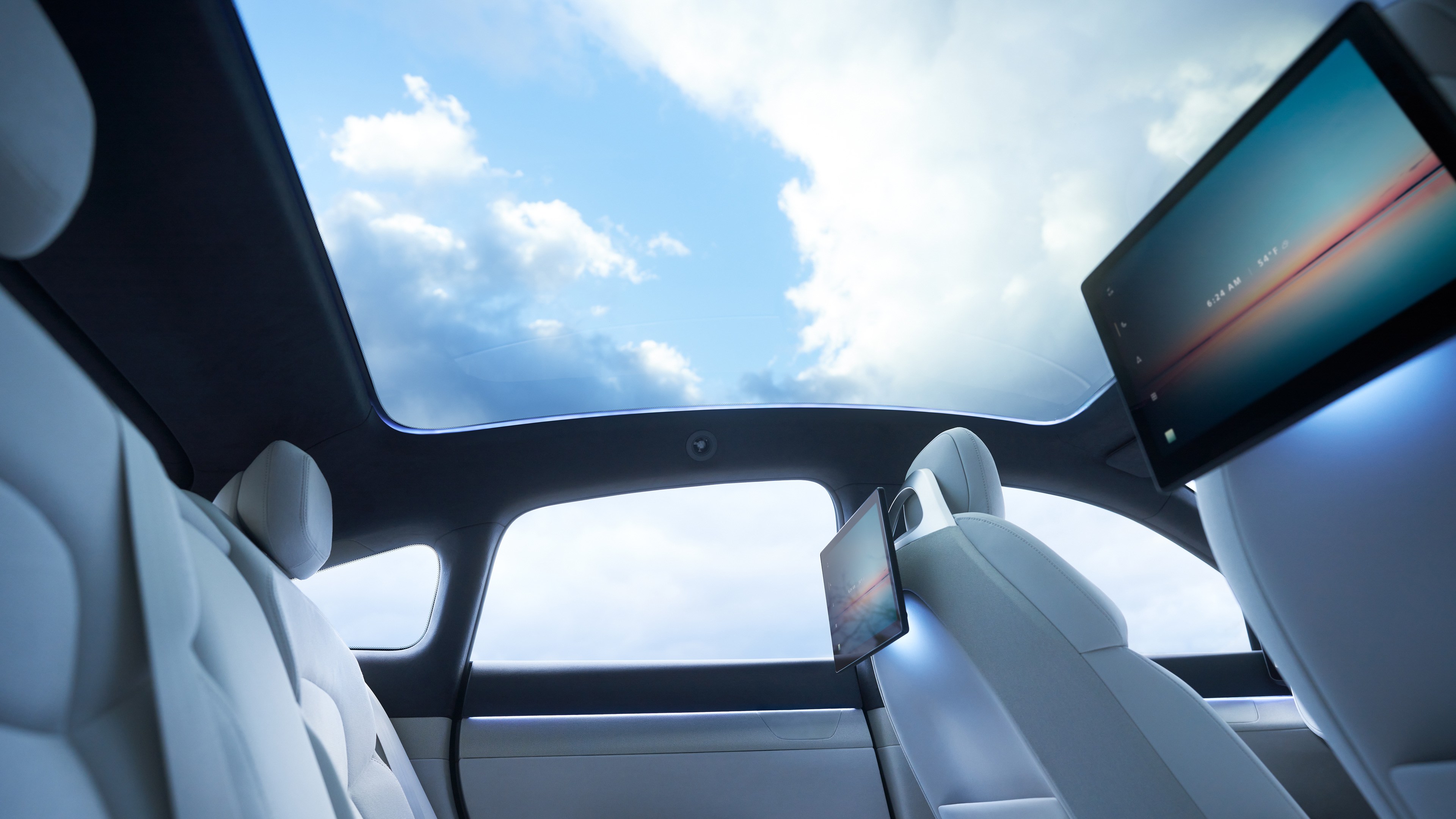
The demise of combustion has effectively opened up the auto market to all comers, although not every company crossing over to mobility has found it plain sailing. Dyson sunk half a billion pounds into developing a fully functional electric SUV, only to realise it couldn’t make a convincing business case. Apple has conceivably spent a great deal more on its secretive Project Titan over the past nine years, with still nothing to show for it – yet.
Samsung has a long history of making concept vehicles to showcase its screen and computing technologies, while the industry’s ever-increasing reliance on chips and software saw a recent partnership announcement between state-owned Chinese carmaker Chery and Huawei to create a new EV brand.
Wallpaper* Newsletter
Receive our daily digest of inspiration, escapism and design stories from around the world direct to your inbox.
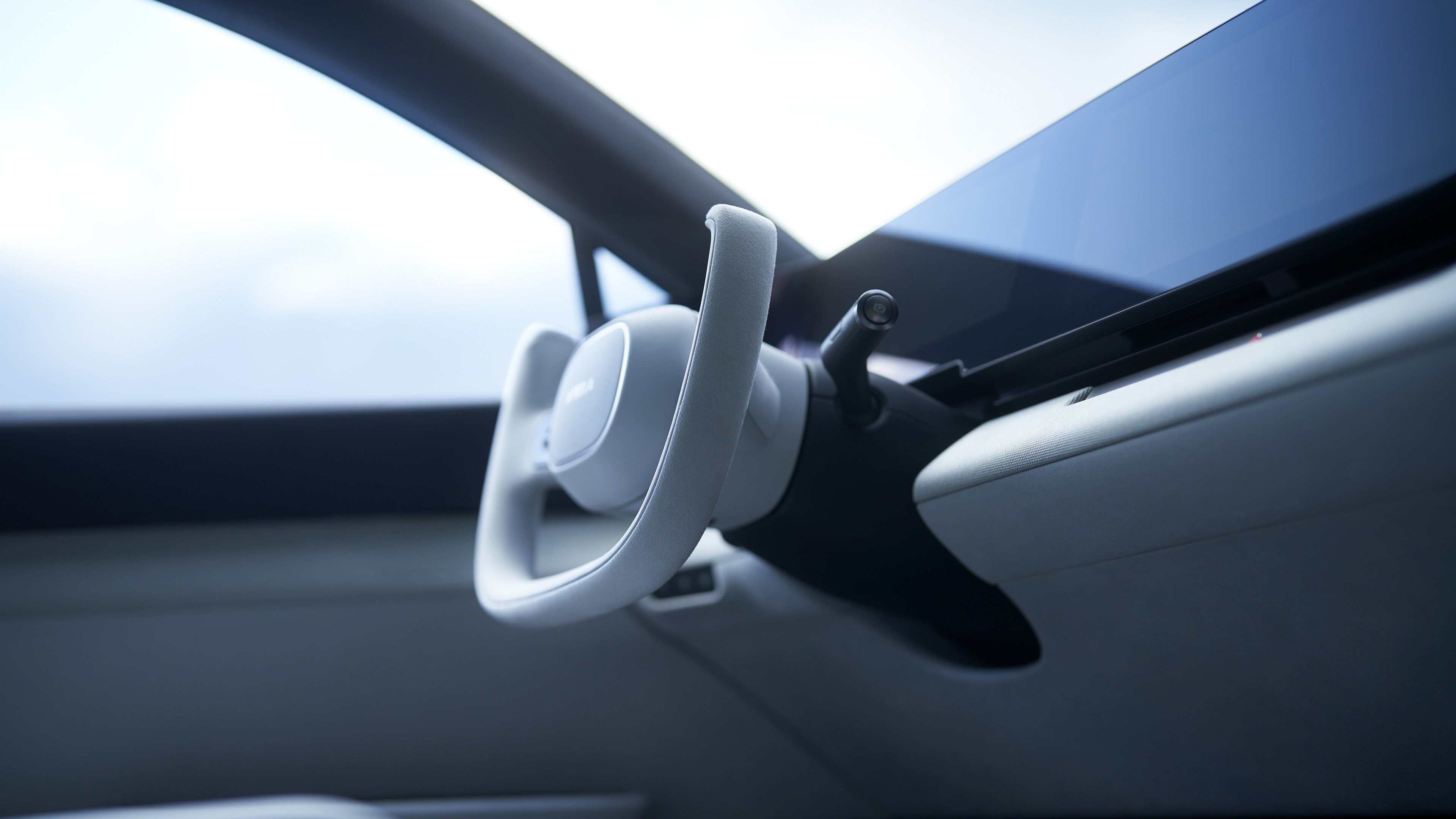
Sony Honda Mobility certainly has more than a whiff of credibility about it, not least because the latest iteration of the concept looks practically ready to go. The newly formed company, headed up by CEO Yasuhide Mizuno, ultimately wants two or three models in its portfolio, this saloon, an SUV (previewed by the Vision-S02 concept), and possibly even an MPV.
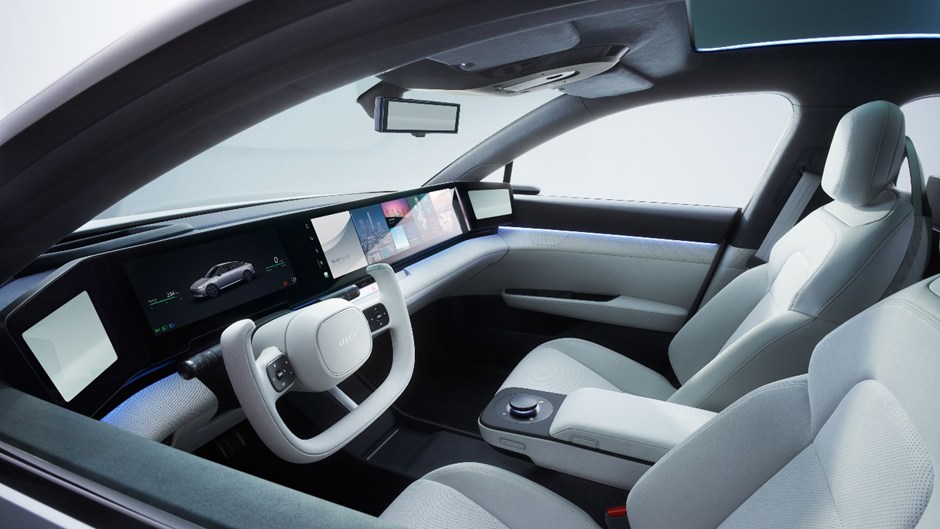
Plans are afoot to build the first car in the series at an unnamed Honda plant in North America, with first deliveries in spring 2026. Partnerships with chipmakers like Qualcomm and even Epic Games hint at the mobile entertainment suites of tomorrow. Throw in SMH’s stated brand pillars of Autonomy, Augmentation, and Affinity (a car that can drive itself, containing personalised in-car entertainment experiences, whilst partnering with other creative and tech companies) and stats that emphasise processing power, not speed or acceleration, and a new kind of car industry is starting to take shape.
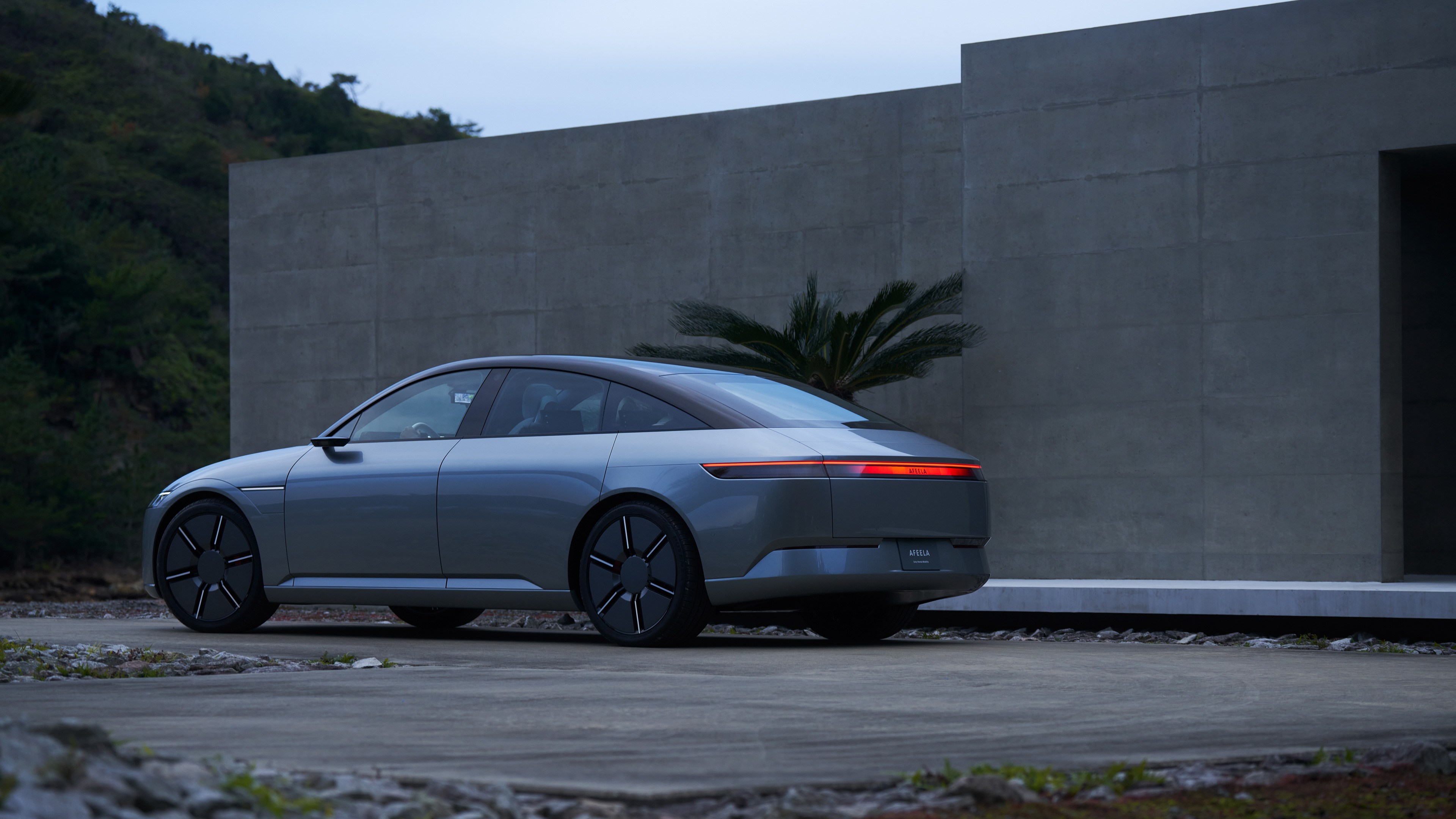
More information at SHM-AFEELA.com
Jonathan Bell has written for Wallpaper* magazine since 1999, covering everything from architecture and transport design to books, tech and graphic design. He is now the magazine’s Transport and Technology Editor. Jonathan has written and edited 15 books, including Concept Car Design, 21st Century House, and The New Modern House. He is also the host of Wallpaper’s first podcast.
-
 Esperit Roca is a restaurant of delicious brutalism and six-course desserts
Esperit Roca is a restaurant of delicious brutalism and six-course dessertsIn Girona, the Roca brothers dish up daring, sensory cuisine amid a 19th-century fortress reimagined by Andreu Carulla Studio
By Agnish Ray Published
-
 Bentley’s new home collections bring the ‘potency’ of its cars to Milan Design Week
Bentley’s new home collections bring the ‘potency’ of its cars to Milan Design WeekNew furniture, accessories and picnic pieces from Bentley Home take cues from the bold lines and smooth curves of Bentley Motors
By Anna Solomon Published
-
 Asus chose Milan Design Week as the springboard for its new high-end Zenbooks
Asus chose Milan Design Week as the springboard for its new high-end ZenbooksMilan Design Week 2025 saw Asus collaborate with Studio INI to shape an installation honouring the slimline new Zenbook Ceraluminum Signature Edition laptop series
By Craig McLean Published